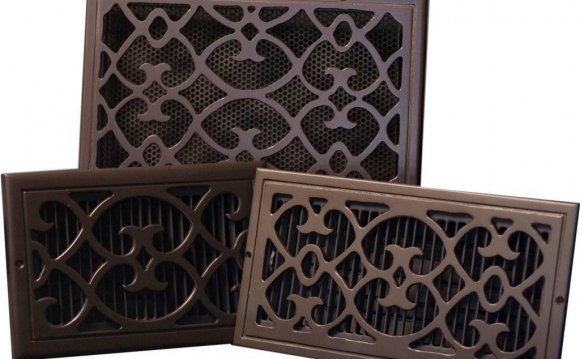
 Simply closing your floor vents may not be enough to block the air.
Simply closing your floor vents may not be enough to block the air.
When you use a forced-air heating system in your home, you're bound to have heat registers too. Sections of duct work, like hallways in a school, run through your home's framing, carrying heated or cooled air to various rooms. Sometimes the ducts run through the attic, but under the floor remains the standard. Wherever each room has a heat register opening (at least one per room), it also has a register cover that prevents items from dropping into duct. Before blocking your heat register openings, make sure it's suitable for your particular circumstances.
Why Close Registers?
Forget images of exploding duct work or a furnace bursting into flames. If you have a heat register or two that you wish to close off, you can do it quickly and easily, without fear of catastrophic consequences in most instances. In fact, stopping the heat or cold-air flow into a room can save you from 5 percent to 10 percent of your heating and cooling dollars, suggests Carroll Energy Services. The reason is simple - with less house to heat, it can't help but to cost less to heat.
Blocking Exceptions
For every rule there's usually an exception. When it comes to blocking off heat registers in certain rooms to save energy and money, never close off a register vent supplied by a heat pump furnace. Heat pumps are designed to operate very efficiently and are installed with a precise number of air outlets (heat registers) and air inlets (return air vents). Blocking off rooms and registers is likely to not only impair the heat pump's efficiency but may also damage the furnace. Otherwise, closing off up to about 20 percent of the heat registers in your home helps conserve energy - and your money.









